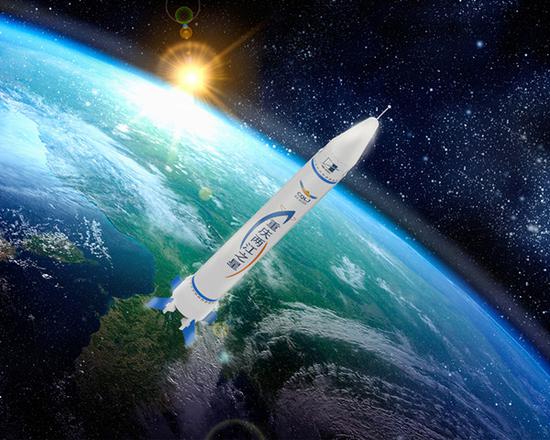Any idea what the latest news/progress the frequencies issues between Galileo and Beidou ?
For the reference, even quite old .. 9 years ago
Galileo and the Chinese: one thing after another
by Taylor Dinerman
Monday, February 9, 2009
A number of sources now indicate that the Chinese are refusing to change the frequencies they plan to use for their new and improved Beidou (Compass) satellite navigation system. This creates a big, big problem for their estranged European partners in the Galileo consortium. Reports from the recent International Committee on Global Navigation Satellite Systems (ICG) meeting, held in December 2008 in Pasadena, indicate that while the US was able to reach an agreement with China on a few minor issues, Europe was unable to get China to change its plans to use a frequency that will render the Galileo Public Regulated Service (PRS) signals pretty much useless for military purposes unless China first gives permission. This is the so-called frequency overlay issue.
If things continue as they are, a system that was intended, as former French President Jacques Chirac said, to prevent Europe from becoming the “technological vassal” of the Americans, has now produced a situation where the European Union (EU) is going to be subservient to the Chinese. Reports have it that the Europeans were very angry, but what did they expect?
The Chinese feel that they were badly used and partly humiliated by Europe. They were brought into the Galileo consortium as partners, and they paid the EU for the privilege, only to see themselves shut out of Galileo’s controlling bodies. Some in Europe hoped that by bringing the Chinese into the system they would lay the basis for a China-EU entente aimed at weakening the US. Yet at the end of the day China would have had less influence over Galileo than Japan and India have over GPS, and those two nations have not paid the US a single dime for their cooperation in the signal augmentation systems they are now building.
No one should dream of underestimating the determination of the EU’s ruling elite to build Galileo. However, the project’s delays and cost overruns are raising some interesting possibilities.
Even more interesting is the story that the Europeans are not only mad at the Chinese, they are also mad at the Americans. Washington has refused to put pressure on Beijing to comply with their wishes. This is ironic, of course, in that Galileo was not exactly conceived with the best interests of the United States in mind. It seems that some EU negotiators even threatened to pull out of the 2004 US-European agreement on the frequency overlay issue—not exactly the best way to begin their relationship with the new Obama Administration.
No one should dream of underestimating the determination of the EU’s ruling elite to build Galileo. They have long seen it as a cornerstone of the new European entity they hope will become the most important superpower in what they expect will be a “Post-American” world. They will pursue it even if it hurts their relations with both the US and China. It has taken on a symbolic value all its own, and thus no matter what happens economically and diplomatically the show will go on.
However, the project’s delays and cost overruns are raising some interesting possibilities. Russia is rapidly rebuilding its GLONASS system and it will soon be back in full operation and for certain Arctic applications it may even be superior to GPS. Japan’s Quasi-Zenith Satellite System (QZSS) operates as a highly effective augmentation to GPS and provides Japan with all the technological benefits that Europe claims Galileo will give them at a much lower cost, economically and politically.
China has, according to reliable reports, made impressive advances with their advanced second generation system. It may turn out that the Beidou constellation will be operational before Galileo. This should not be a real surprise since the cumbersome EU decision-making and budgeting process is no match for China’s centralized governing system. What may be more of a surprise is that China seems to be able to match the accuracies of both the US GPS and the ones Galileo hopes to attain. If confirmed, this will raise some interesting questions inside the US and Europe as to how they were able to master the technology so quickly.
Funding Galileo in the current economic downturn may present the EU leaders with new challenges. After they discovered that no commercial firm was willing to put its own money into the system, they reprogrammed funds from the European Union’s famous Common Agricultural Program (CAP) that they thought were not going to be needed for price support payments to farmers due to high worldwide demand. Now that the demand, and the high prices that went along with it, have disappeared, will the farmers be looking to somehow recover these resources?
Decades from now it may be that people will see Galileo as having been a wise investment, one that gave Europe a valuable tool with which to assert itself on the world stage. Or, perhaps, not.


